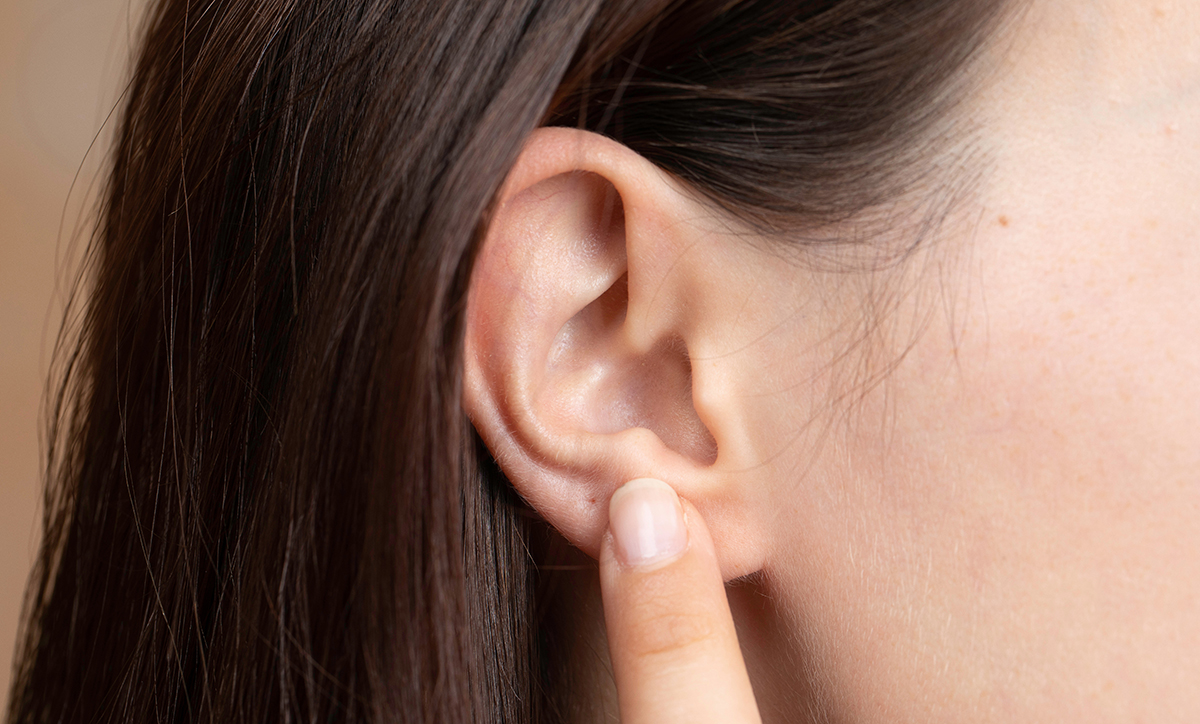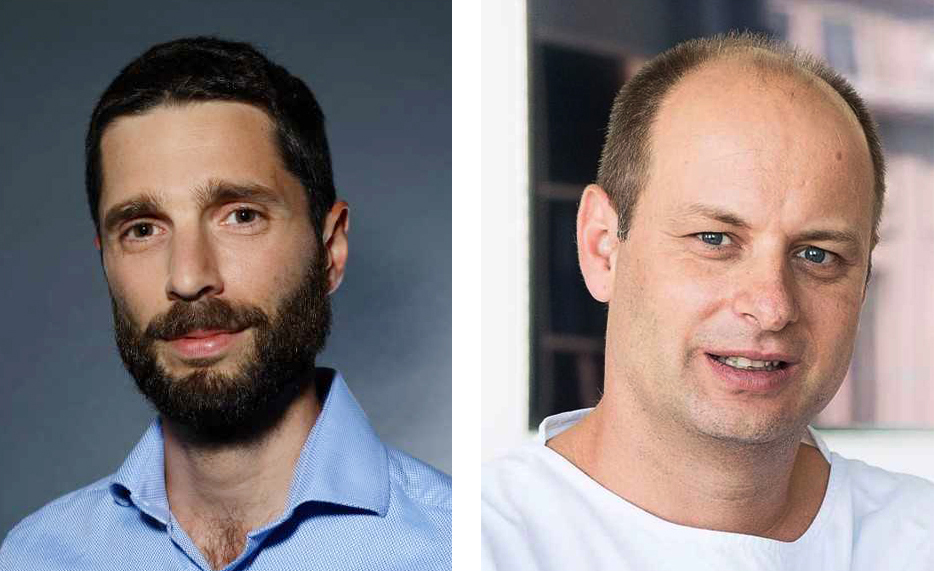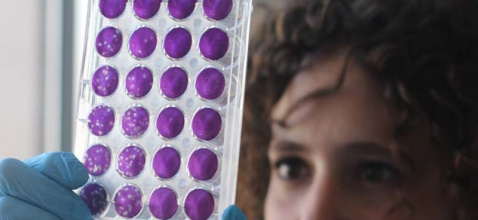12 April 2022 - UNIGE
Two researchers in clinical neuroscience are winners of the 3R Award 2022

Photo: DR
Dr. Francis Rousset and professor Pascal Senn, both researchers in the Department of Clinical Neurosciences (Faculty of Medicine), are the 2022 winners of the 3R Award, which recognizes research that reduces, refines and replaces animal testing. This distinction is awarded for their study entitled "Phoenix auditory neurons as 3R cell model for high throughput screening of neurogenic compounds".

Francis Rousset (left) and Pascal Senn, 2022 winners of the 3R Award. Photo: Dr
Auditory neurons connecting the sensory cells of the inner ear to the brainstem are relevant targets for pharmacological interventions to protect or improve auditory function in various forms of sensorineural hearing loss. In research laboratories, neurotrophic compounds are commonly used to improve survival and promote regeneration of auditory neurons. However, research in this area relies primarily on the use of animal models. In addition, a major barrier to the potential clinical application of these strategies in humans is the lack of powerful in vitro models for high-throughput screening of otoprotective and regenerative compounds that could subsequently be tested in humans. Recently discovered "phoenix" auditory neuroprogenitors (ANPGs) derived from mice with an unprecedented capacity for self-renewal and production of mature auditory neurons now offer the possibility to overcome this problem.
The study by Francis Rousset and Pascal Senn further characterizes this new model of phoenix ANPGs. These offer a considerable range of advantages: physiology and morphology allowing to reproduce in vitro the spiral ganglion (a structure essential for hearing), low experimental variability, resolution at the scale of a single cell, and great ease of culture and growth. This last capability allows phoenix neurons to be easily preserved and distributed to other laboratories. If these neurons are initially isolated from mice, their great capacity of expansion and conservation allows us to no longer use animals to obtain them and also to replace certain invasive and constraining experiments on animals. Thus, in accordance with the 3Rs principles, phoenix ANPG neurons allow to reduce and replace animal experimentation in some aspects of auditory system research.
The award will be presented at a ceremony hosted by the Faculty of Medicine on June 7.




